lost at sea
“Feeling lost? Good! Now you get to walk new paths that lead to much better places.”
— Robin S. Sharma
Hellllloooooo Practitioners,
Once upon a time, I lived on Maui. On the South Shore where the beaches are protected by barrier islands and the ocean is often calm and gentle. But occasionally… a south swell rolls in and surges of waves make for excellent body surfing.
It was one of those south swell days and I was out swimming. Alone. It was tons of fun until I realized I was getting farther and farther from shore. In fact, I was at risk of getting swept away by the “Molokini Express” as locals call it (a 1-way trip to a barrier island). I started to strategically and persistently make my way back to shore. When I (finally) arrived, my heart was pounding, partially with fear, mostly with exertion. I laid down on the wet sand, breathing heavily.
That day a few things grew:
my respect for the power of the ocean
a healthy fear of swimming alone
confidence in my ability to navigate the waves
Fast forward.
This past year and a half, I’ve had help swimming. I’ve been in a coaching program. The program provided an inherent sense of accomplishment and progress. Until it ended. The ending was good, like a graduation, but it still brought a sense of loss and even being lost at sea.
In the past, I probably would have felt discouraged, maybe even frustration or despair, but I’ve been here before. Many times actually. For example:
When my (still!) favorite yoga teacher moved away, I felt a similar sense of loss.
When Anusara imploded and the community collapsed, I felt alone and lost at sea.
When Astanga felt like it was breaking me down rather than building me up, there was frustration and even grieving.
I’m sure you’ve had these moments too:
when a course or program of study concluded, and you felt lost in new possibilities…
when a teacher or class went away, and suddenly you’re on your own….
when you’ve created, accomplished, or achieved something and it’s good, it’s done, but there is a subtle sense of mourning.
What do you do in these moments?
I’ve learned to see these moments as an opportunity to strengthen something inside of ME. To use the tools, apply the knowledge, flex the muscles, sharpen the skills. And I first practiced this on the mat:
When my teacher left, my home practice got stronger.
When Anusara collapsed, I got curious about what the alignment principles meant for me, to me, what was working, what wasn’t working…
When I transitioned out of Astanga, a new dimension of practice opened up. I discovered the healing potential of slowing down, functional breathing, and listening to the body (rather than performing poses or getting through a sequence)
With the coaching course, I’m (finally) implementing what I was learning.
Maybe you have this type of growth mindset naturally. I do not. My resilience has been hard won with training. Training on a yoga mat, meditation cushion, in cold water, hiking up mountains. Without practices, I wouldn’t have the awareness, skill or resolve to navigate transition gracefully. I’d revert to ostrich-head-in-sand hiding, chicken-little-sky-is-falling panic, or simply sinking in overwhelm.
I mention this because over the years, I’ve noticed an unsettling pattern… when students need their practice the most, they tend to lose it. Said another way, when the practice would help them swim, they tend to let it sink. For example:
during a time of transition, when practice can be a place to tether and ground, you untie yourself from health and wellness practice altogether.
during emotional hardship, when practice can be a boon and balm to your nervous system, you’re too activated to make it to the mat or meditation cushion.
when wrestling with illness, injury or limitation, practice could be a place for gentleness, tenderness and healing, but instead it becomes a place to push, punish or a painful reminder of what you cannot do.
Have you lost your practice in these ways?
This pattern of "lost" practice has been weighing on me. So last year, I began offering a course to teach self-sufficiency with your practice. It's a process to hone your inner listening and strengthen your inner knowing. You learn to be a teacher for yourself.
Important Note: this program is not for everyone. It's definitely deep-end-of-the-pool learning. You're immersed. And for dedicated practitioners and curious teachers, there is nothing like it. This fall will be the last time it’s offered as a 12-week immersion. Next year, it will be presented as 3 separate modules. More wading in, less deep-end-swim.
So, if you’re a deep-end-of-the-pool person (meeeeeee!). If you’ve considered taking a teacher training to teach yourself. If you’re a teacher looking for classical philosophy intricately woven with modern practice methodology. If you want practice to feel less like exercise and more like a healing art, I invite you to apply here.
Life requires waves of change. There will be storms and surges. Practice builds skill to ride the waves, weather the storms, with strength and grace. Even when times are bath-water-calm, keep practicing. Especially when you're out at sea and feeling all alone, keep practicing.
May your practice bring you to shore,
Alison

